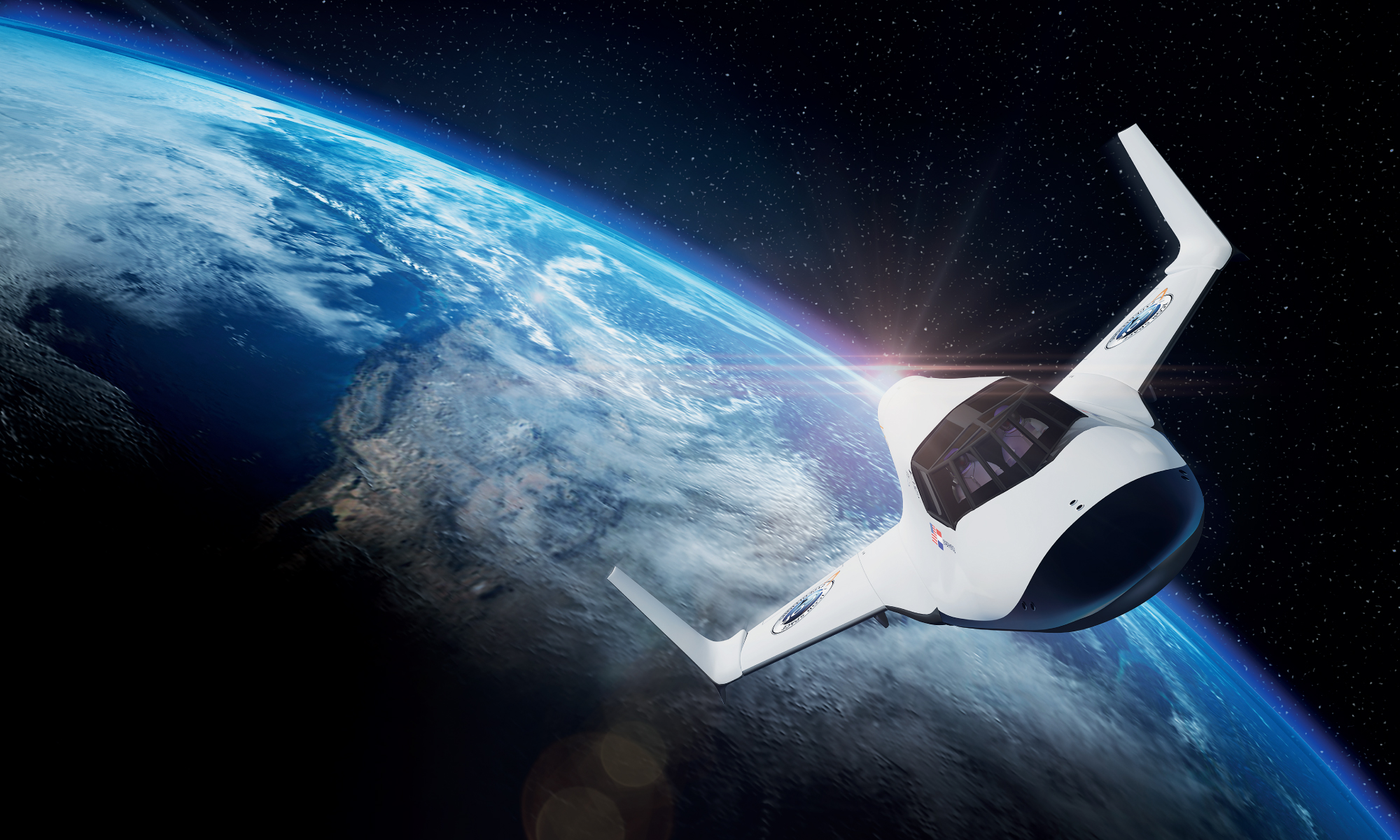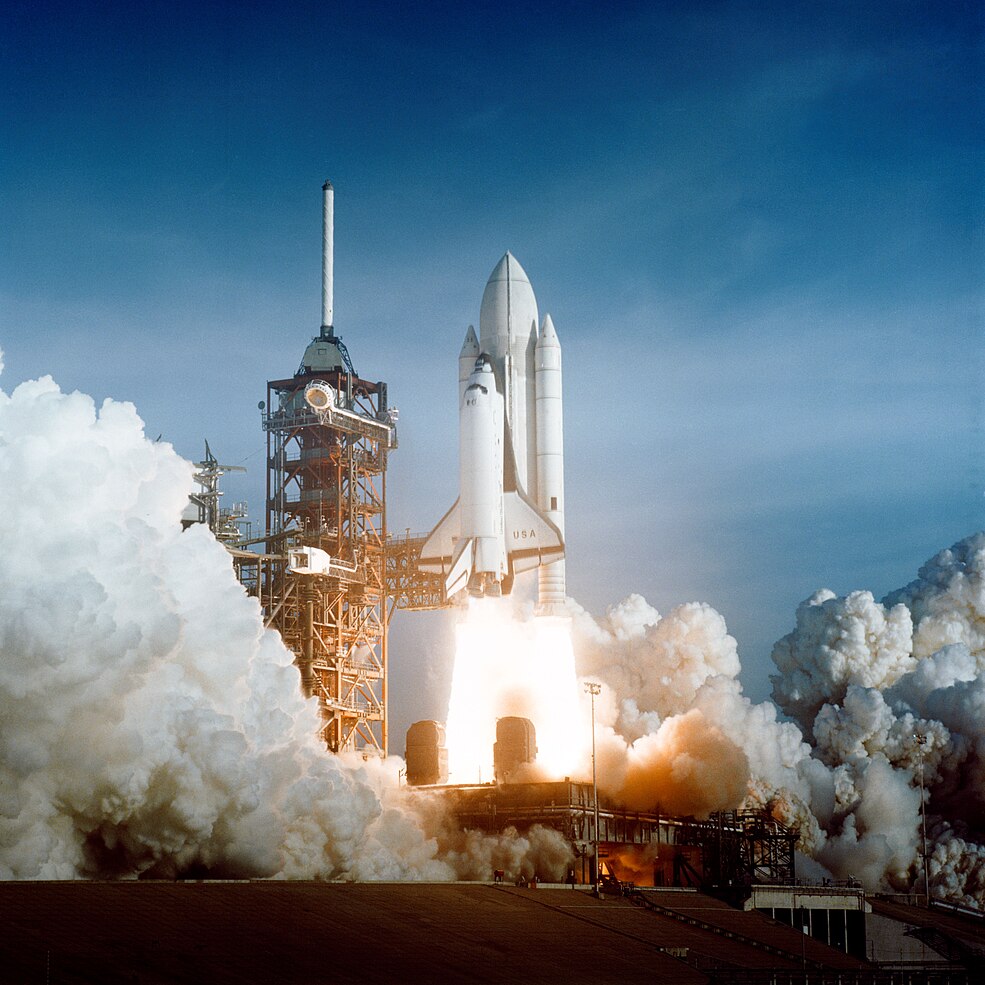Stamp: Astronaut on the moon (Ajman 1973)
Astronaut on the moon (Ajman 1973)
31 March (Ajman ) within release Space successes of the USA, small format goes into circulation Stamp Astronaut on the moon face value 1 United Arab Emirates riyal
| Stamp Astronaut on the moon in catalogues | |
|---|---|
| Michel: | Mi: AJ 2665B |
| Colnect codes: | Col: AJ 1973.03.31-14m |
Stamp is vertical format.
Also in the issue Space successes of the USA, small format:
- Stamp - Lunar probe face value 1;
- Stamp - Recovery of landed astronauts face value 1;
- Stamp - Wernher von Braun face value 1;
- Stamp - Astronaut enters the moon face value 1;
- Stamp - Crew of Apollo 11 face value 1;
- Stamp - Mounting a rocket face value 1;
- Stamp - Space capsule face value 1;
- Stamp - Astronaut in front of flag on the moon face value 1;
- Stamp - Launch of a rocket face value 1;
- Stamp - Transport of a Saturn V face value 1;
- Stamp - Astronauts and space capsule face value 1;
- Stamp - Astronaut on the moon face value 1;
- Stamp - Docking face value 1;
- Stamp - Rocket face value 1;
- Stamp - Astronaut in space face value 1;
- Stamp - Lunar module face value 1;
- Mini Sheet - Space successes of the USA face value 16*1;
- Stamp - Astronaut enters the moon face value 1;
- Stamp - Astronaut in front of flag on the moon face value 1;
- Stamp - Astronaut in space face value 1;
- Stamp - Astronaut on the moon face value 1;
- Stamp - Astronauts and space capsule face value 1;
- Stamp - Crew of Apollo 11 face value 1;
- Stamp - Docking face value 1;
- Stamp - Launch of a rocket face value 1;
- Stamp - Lunar module face value 1;
- Stamp - Lunar probe face value 1;
- Stamp - Mounting a rocket face value 1;
- Stamp - Recovery of landed astronauts face value 1;
- Stamp - Rocket face value 1;
- Stamp - Space capsule face value 1;
- Mini Sheet - Space successes of the USA, small format face value 16*1;
- Stamp - Transport of a Saturn V face value 1;
- Stamp - Wernher von Braun face value 1;
Stamp Astronaut on the moon it reflects the thematic directions:
An astronaut (from the Ancient Greek ἄστρον (astron), meaning 'star', and ναύτης (nautes), meaning 'sailor') is a person trained, equipped, and deployed by a human spaceflight program to serve as a commander or crew member aboard a spacecraft. Although generally reserved for professional space travelers, the term is sometimes applied to anyone who travels into space, including scientists, politicians, journalists, and tourists
Outer space (or simply space) is the expanse that exists beyond Earth's atmosphere and between celestial bodies. It contains ultra-low levels of particle densities, constituting a near-perfect vacuum of predominantly hydrogen and helium plasma, permeated by electromagnetic radiation, cosmic rays, neutrinos, magnetic fields and dust. The baseline temperature of outer space, as set by the background radiation from the Big Bang, is 2.7 kelvins (−270 °C; −455 °F)
A spacecraft is a vehicle that is designed to fly and operate in outer space. Spacecraft are used for a variety of purposes, including communications, Earth observation, meteorology, navigation, space colonization, planetary exploration, and transportation of humans and cargo. All spacecraft except single-stage-to-orbit vehicles cannot get into space on their own, and require a launch vehicle (carrier rocket).



